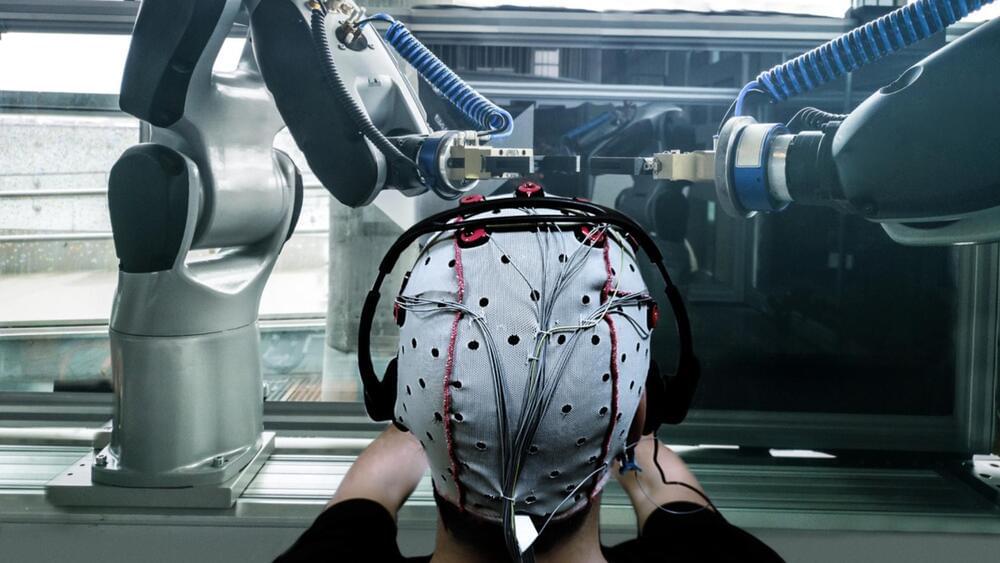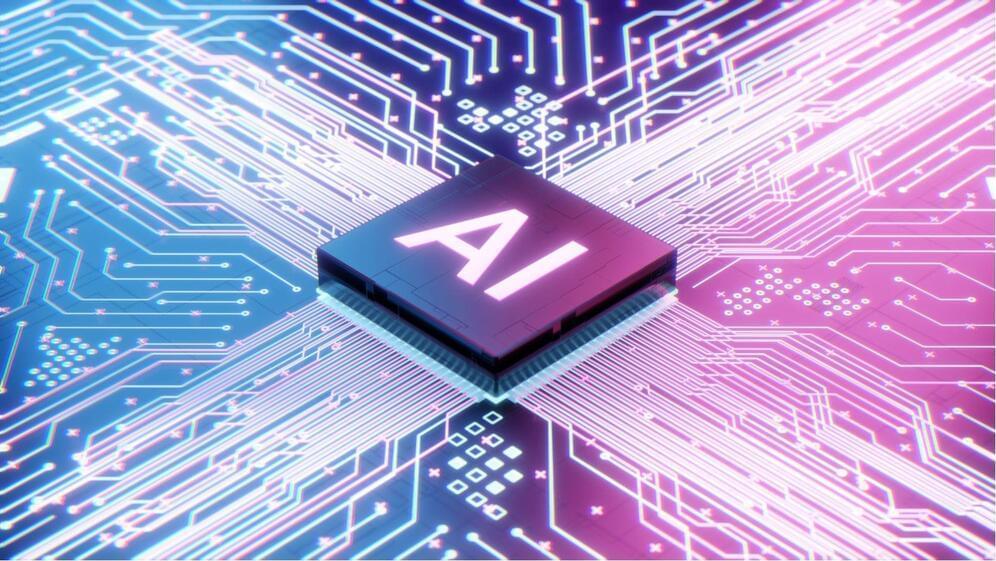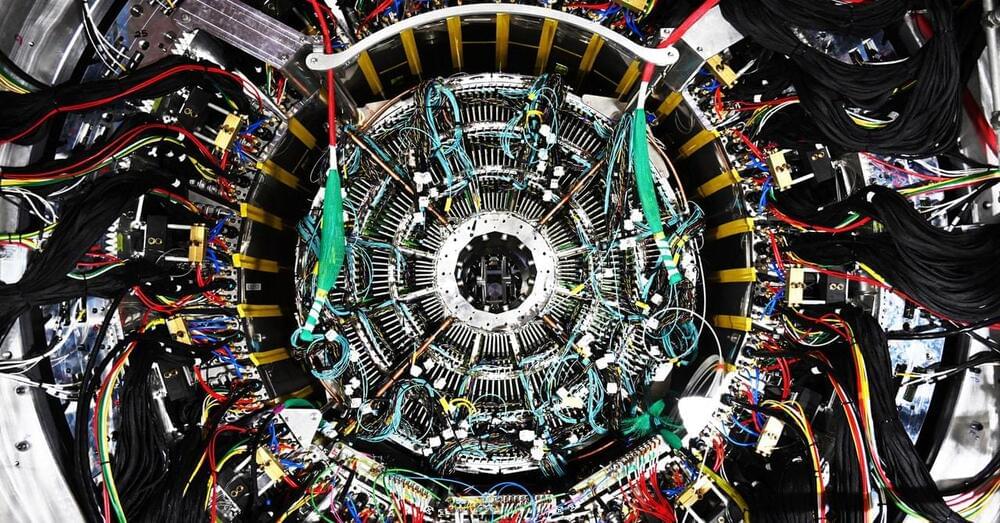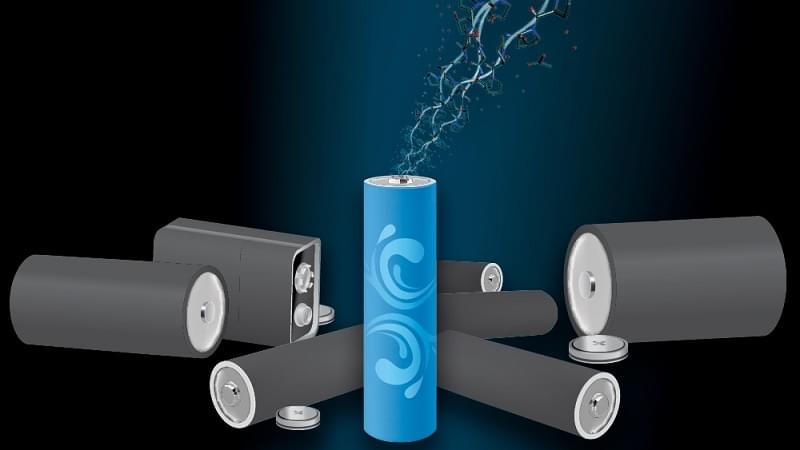Apr 5, 2023
New AI tool can generate faster, accurate and sharper cosmic images
Posted by Gemechu Taye in categories: information science, robotics/AI, space
The team was able to produce blur-free, high-resolution images of the universe by incorporating this AI algorithm.
Before reaching ground-based telescopes, cosmic light interacts with the Earth’s atmosphere. That’s why, the majority of advanced ground-based telescopes are located at high altitudes on Earth, where the atmosphere is thinner. The Earth’s changing atmosphere often obscures the view of the universe.
The atmosphere obstructs certain wavelengths as well as distorts the light coming from great distances. This interference may interfere with the accurate construction of space images, which is critical for unraveling the mysteries of the universe. The produced blurry images may obscure the shapes of astronomical objects and cause measurement errors.


















